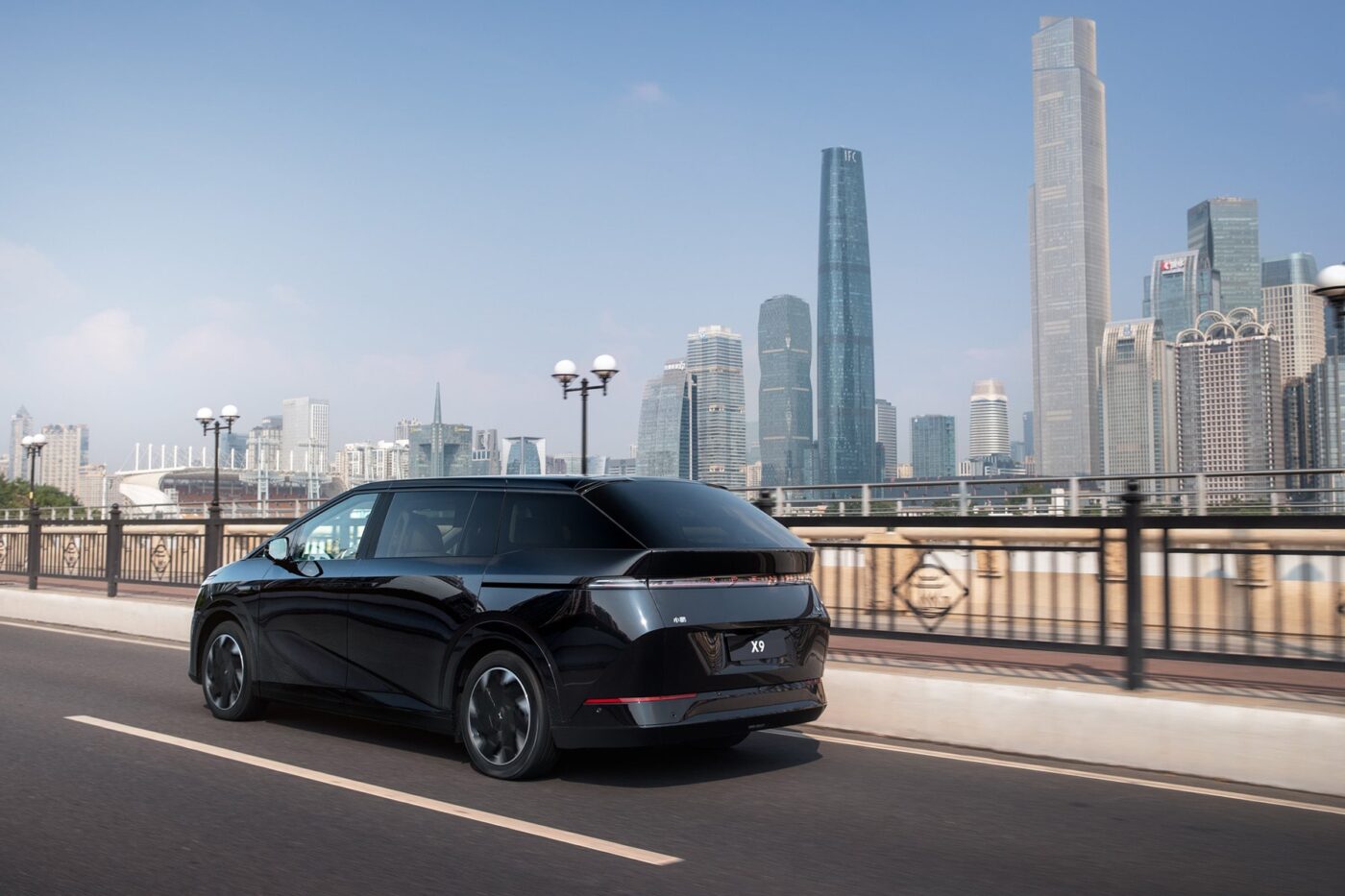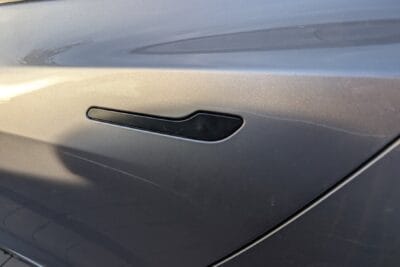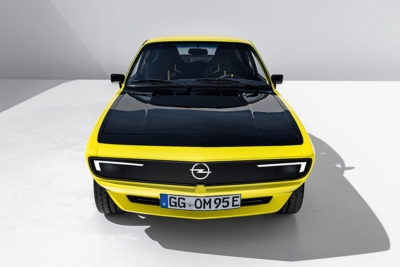China approaches 50 per cent NEV share
According to data published by the China Association of Automobile Manufacturers (CAAM), sales of New Energy Vehicles (NEVs – battery-electric vehicles and plug-in hybrids) in China totalled around 1.226 million units last month. That is 11,000 vehicles or just under one per cent fewer than in March, but 376,000 or 44 per cent more than in April 2024.
March remains the strongest month so far this year, though April performed on a similarly high level. Early-year months, particularly January and February, are traditionally weaker in China due to the Chinese New Year – a pattern also seen in 2025.
What makes April especially notable is the record-high NEV market share. At 47.3 per cent, this figure stands well above the 2024 average of 40.9 per cent, and clearly exceeds the March figure of 42.4 per cent. Only in autumn last year did the share briefly rise above 45 per cent (45.8 per cent in September and 46.8 per cent in October). China’s pace of electrification is best reflected in NEV market penetration: in 2021, NEVs accounted for less than 20 per cent of sales. By the end of 2022, the 30 per cent threshold was reached on a monthly basis, and since mid-2024 the figure has consistently remained above 40 per cent – with the exception of a weak January 2025.
Breaking NEV sales down by drivetrain type, battery-electric vehicles accounted for 822,000 units in April – up 58 per cent year-on-year and two per cent higher than in March. Plug-in hybrids reached 403,000 units, marking a 22 per cent increase year-on-year but a seven per cent drop from March. Fuel cell electric vehicles are not listed separately and typically have little relevance in China’s passenger car market.
Across all drive types, 2.59 million vehicles were sold in China in April – a ten per cent increase compared to the previous year but eleven per cent below March figures. The contrast between a declining overall market and robust NEV sales explains the high level of NEV penetration.
It is important to note that CAAM’s figures refer to wholesale sales by manufacturers, including both domestic retail and vehicles for export. Of the NEVs sold in April, 1.025 million remained in China (+39 per cent YoY, -5 per cent vs March). Meanwhile, exports reached 200,000 units – a new all-time high. Since early 2023, this figure has hovered around 100,000 units, only surpassing the 150,000 mark in January 2025. April’s total represents a 76 per cent year-on-year increase and a 27 per cent rise over March.
A closer look at the data reveals that the export surge was mainly driven by plug-in hybrids. While BEV exports rose by 58 per cent compared to April 2024, PHEV exports soared by 140 per cent. In short, more Chinese-made EVs are reaching global markets.
BYD remained the top-selling manufacturer for NEVs and BEVs alike in April, with 380,089 NEV passenger cars sold – up 21 per cent from the previous year and one per cent from March. Notably, BEV sales at BYD exceeded PHEV sales for the first time since early 2024. Specifically, BYD sold 195,740 battery-electric vehicles (+46 per cent YoY, +18 per cent MoM) and 176,875 plug-in hybrids (-0.4 per cent YoY, -14 per cent MoM). Also of note: BYD exported 79,086 vehicles in April, up 93 per cent year-on-year – its fifth consecutive record month.
While several Chinese automakers reported their second-best ever monthly results in April, second only to the spike in December 2024, Tesla was unable to benefit from the momentum. Tesla China posted 58,459 BEV sales, marking a six per cent decline from April 2024 and a 26 per cent drop from March. Between January and April, Tesla China sold around 231,000 vehicles, including exports – an 18 per cent decrease compared to the same period last year. That said, the downturn at Tesla China appears less severe than in other regions. In Europe, Tesla has notably slumped since the beginning of the year. Whether these figures point to weaker domestic demand or reduced exports is unclear, as Tesla’s export data is not publicly available.
Meanwhile, Leapmotor and Xpeng are closing in on Tesla, with both companies reporting their second-best monthly results. Leapmotor sold 41,039 NEVs in April, while Xpeng delivered 35,045 all-electric vehicles – the sixth consecutive month above the 30,000 mark for the latter.
Li Auto recorded 33,939 NEV deliveries in April. Xiaomi, a new entrant, reported ‘over 28,000 units’, while Great Wall Motor registered 28,813 NEV sales. Nio also had reason to celebrate, delivering 23,900 BEVs – its second-best monthly result. In contrast, Zeekr, Geely’s premium brand, reported 13,727 BEV sales, down 15 per cent year-on-year.
cnevpost.com (CAAM), cnevpost.com (BYD), cnevpost.com (Tesla), ir.nio.com, ir.xiaopeng.com, cnevpost.com (Leapmotor), cnevpost.com (Xiaomi), cnevpost.com (Zeekr), cnevpost.com (Li Auto), cnevpost.com (GWM)





0 Comments